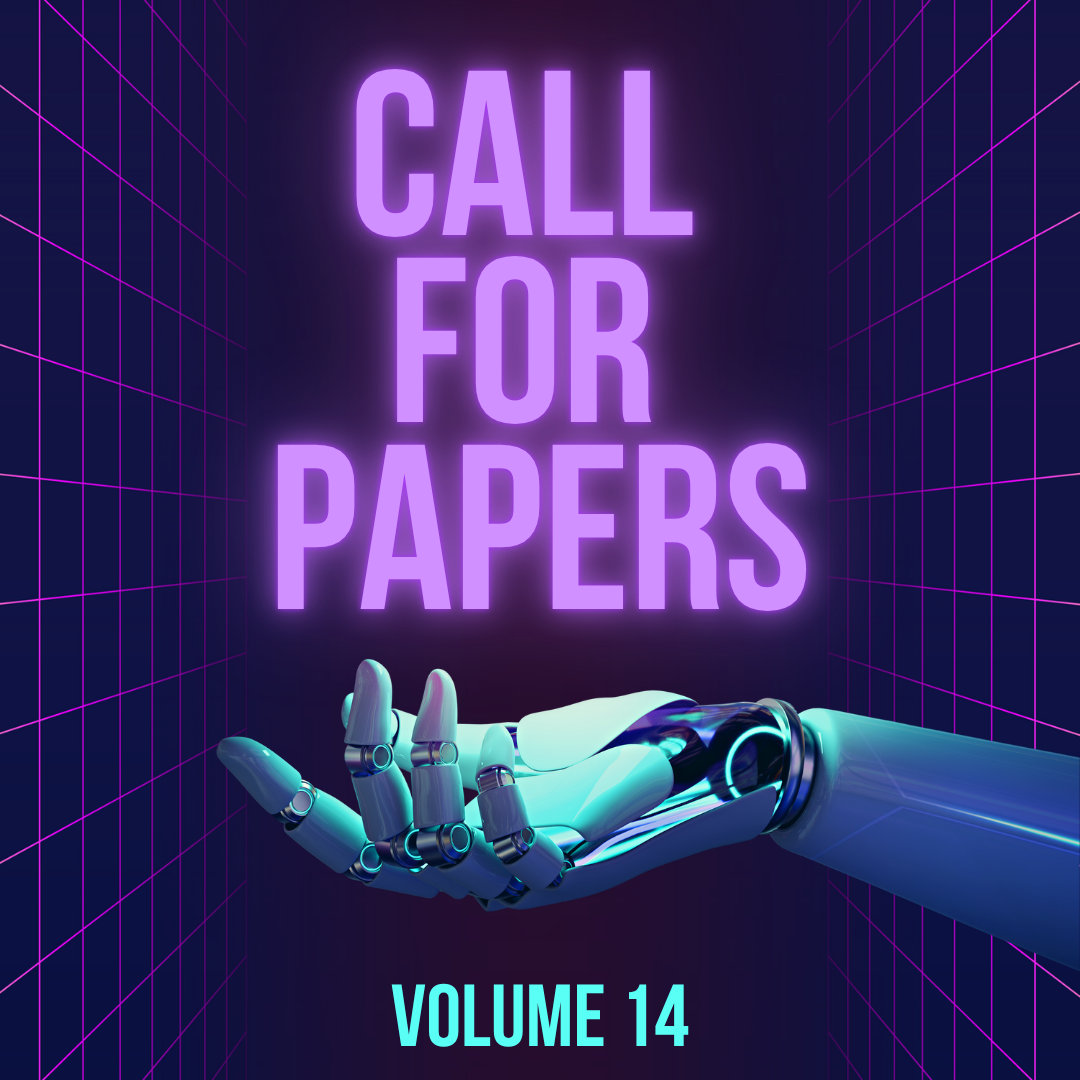An imperialist competitive algorithm for the winner determination problem in combinatorial auction
Abstract
Winner Determination problem (WDP) in combinatorial auction is an NP-complete problem. The NP-complete problems are often solved by using heuristic methods and approximation algorithms. This paper presents an imperialist competitive algorithm (ICA) for solving winner determination problem. Combinatorial auction (CA) is an auction that auctioneer considers many goods for sale and the bidder bids on the bundle of items. In this type of auction, the goal is finding winning bids that maximize the auctioneer’s income under the constraint that each item can be allocated to at most one bidder. To demonstrate, the postulated algorithm is applied over various benchmark problems. The ICA offers competitive results and finds good-quality solution in compare to genetic algorithm (GA), Memetic algorithm (MA), Nash equilibrium search approach (NESA) and Tabu search.


